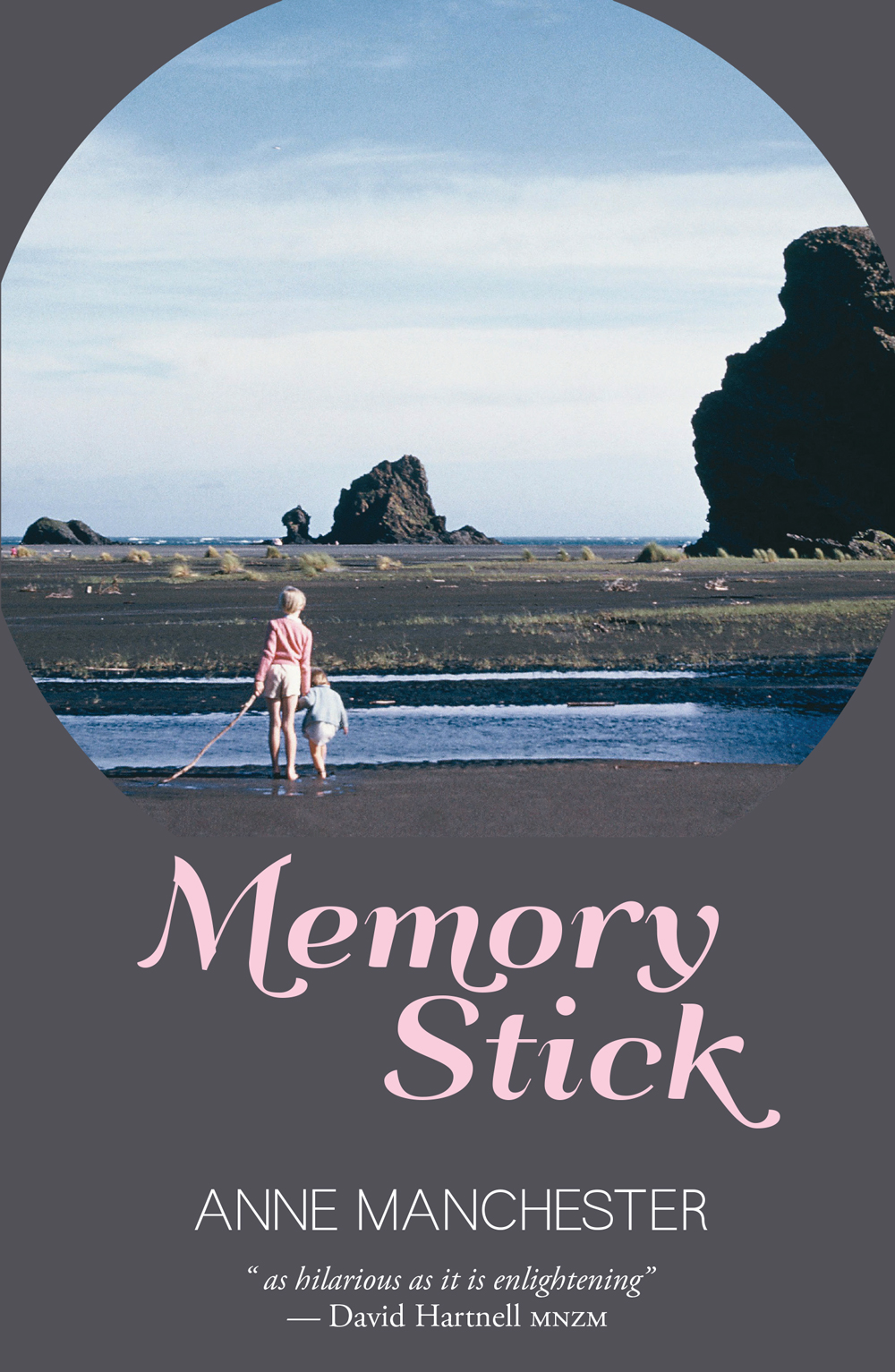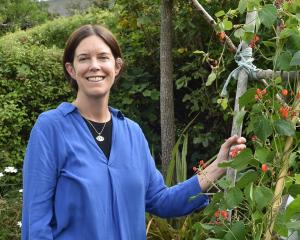MEMORY STICK
Anne Manchester
The Cuba Press
REVIEWED BY WILLIE CAMPBELL
This is an offering small in dimensions, but rich in reflective memories, organised chronologically and bounded by descriptive pieces portraying both Wellington and its harbour and finally, Anne Manchester’s turangawaewae, Eastbourne where four generations of her family have lived. The title is most apt.

Manchester navigates her life and its challenges with insight and empathy. She can tell wry tales of and against herself and her friends and family. Born in the 1950s her experience reflects very much the context of her growing up period and then her adult life. She tells of a naive conviction that marrying a gay friend would cure him of his attraction to men, an abusive experience with a minister of religion and a fearful relationship with her mother. The divorce of her parents afforded some more peace on the home front, as did moving into the city to flat. Later, she returned to New Zealand with a husband and expecting her first child.
Discrete intimate glimpses sitting against the context both national and international, afford movement into the reflective. The notion of singing hymns to lessen the stress of publication deadlines where her Presbyterian repertoire was augmented by her colleague’s Catholic offerings while between them they produced the magazine. This is an example of the oft occurring shift into the personal and immediate that contrasts playfully with the chronology of marriages, divorce, childbirth, house hunting, childhood abuse, searches for partners or lovers, engagement in long challenging treks.
Renee in one of her Lockdown Letters for The Spinoff during Covid-19 states that she keeps teaching her memoir course because not only do writing skills improve, but something in the exercise contributes to the personal development of the writers.
Certainly in Memory Stick, Manchester portrays herself as having reached a space where she is comfortable and at ease with herself. She has recognised in her first husband, the traits that first attracted her. She has appreciated that her mother, while formidable to live with does indeed love her and wish her the best. She has arrived at a personal theology that sits well. And she has expressed the journey towards this state without it sounding like a letter to her therapist. She acknowledges that memoir writing is a complicated and creative process and describes Memory Stick as the essence of her story. It is an essence worth inhaling.
Willie Campbell is a Dunedin educator











